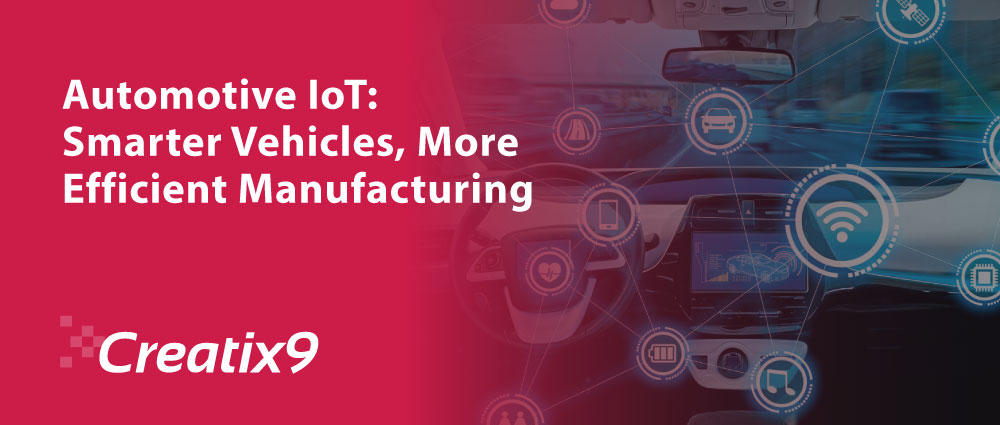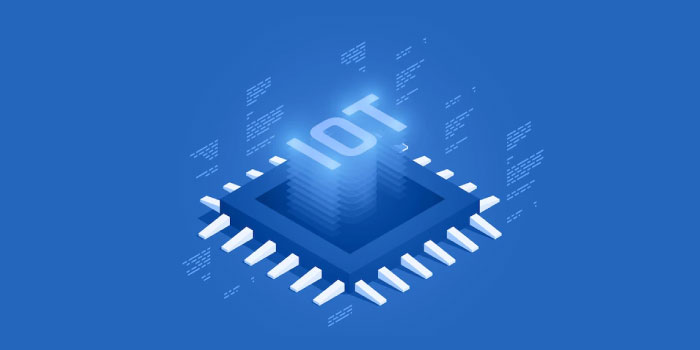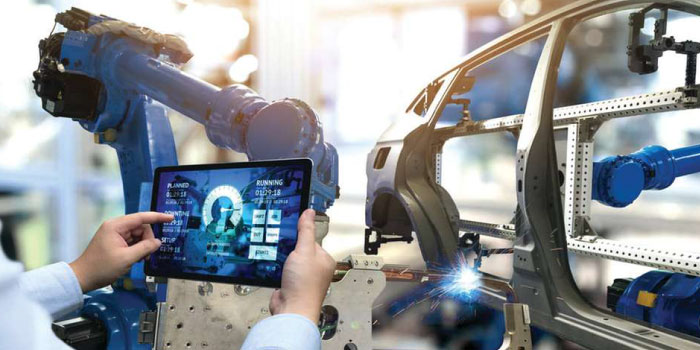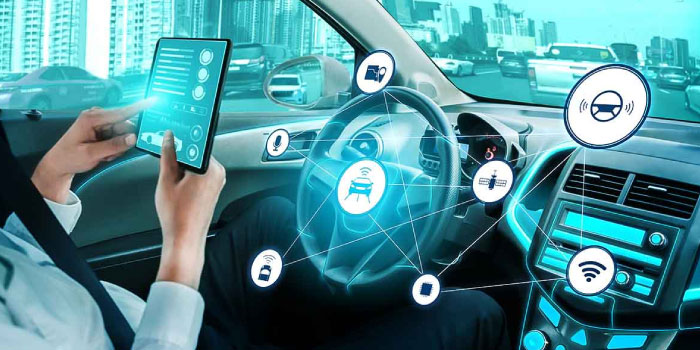
The world is growing and advancing faster than ever, and companies are investing their futures in the development of technologies that boost the advancements. Though all of this was a gradual process, the outcome was amazing. Developers, researchers, designers, and analysts worked together to build next-age technologies that kick-started future developments. These played a critical role in improving productivity and performance.
According to research, iot spending is forecasted to reach $1.1 trillion by 2023, sowing its high demand and how it is going to become a strong futuristic strategy for firms worldwide.
We have many examples of such strategies and technologies that have skyrocketed sales in a short span of time. Take the example of artificial intelligence(ai), blockchain, or augmented reality. How they have transformed the business landscape is worth praising. Most companies are now seen using them, making them an essential part of the business model. Here it doesn’t matter which industry one belongs to as far as they are getting a design outcome from their implementation.
Such one technology is iot that has changed how we work and connect the brand and customers. It may look and sound like an easy task, but in reality, it is a complicated process that connects everything via the internet. Here the data plays a critical role in deciding and making decisions.
In this post, we will see how iot has evolved over time and is being implemented.
What is Iot?

IOT consultancy, a word often used by industries these days, plays a vital role in the success of businesses. Its abbreviated form stands for ‘Internet of Things.’
If you see, the word itself describes the internet and the things attached to it. If we look at the literal meaning and see how it works, it tells a lot about why the developers came up with this particular word.
IoT describes all objects with sensors, software, processors, and other tools that seamlessly connect and exchange information with various systems and devices via the internet. They might even use other communication networks as a means of exchanging data. It even uses ubiquitous computing and machine learning to provide high functionality to connected devices. Usually, they include wireless sensors and controls that improve automation and let the people in charge remotely control them.
IOT has gone too far, especially with its implications. Take the example of smart homes, workplaces, or smart agriculture. They are seen supporting one or more ecosystems that can be accessed through devices. Let’s just take the example of smart homes here. Do you know you can control a home’s temperature, lighting, and security? You can even pay close attention to home appliances and cameras from afar. This gives you an upper hand when it comes to privacy and security, increasing efficiency as you will be able to monitor everything.
As the world progresses, companies are integrating it into different industries. We can see it now being used in the healthcare and automotive industries. The best part about it is it is easy to manage. One can connect it to their smartphone and use it any time to make changes. However, digital firms are worried about the risks attached to IoT and augmented reality when these come to privacy or security, as they can badly affect a company if leaked. Thus, developers are now working on addressing and mitigating those issues by following local and international policies and standards to promise a safe working environment.
How is IoT in the Automotive Industry used?

We have discussed the different industries being impacted by the internet of things, and without a doubt, the automotive industry is one of them. We have always wanted a bright future for cars, and this is why companies have invested billions in researching and building flying cars.
Here flying cars means an automated system that needs to be connected to sensors and different processors to make it work. This is one of the primary reasons why we use iot in the automotive industry. It describes the complicated process or system of devices that include GPS, sensors, trackers, and cameras connected to the cloud and enables data that optimizes the car manufacturing process. All this leads to better management of transportation. Here without a doubt, they turn vehicles into smart transportation that use ai-powered assistance, predictive maintenance, robust features, and direct car-to-car interaction. All of this promises better road safety and improves driving efficiency. It doesn’t matter if it is a business-owned car or for an individual’s personal need. It works in the same way.
These cars have increased the demand for iot services as the car functions can easily be controlled when downloaded on a smartphone. It even plays a crucial role in automating the production process. This reduces human error and increases quality control.
This industry has greatly advanced, like connected cars, fleet management, predictive maintenance, semi-autonomous vehicles, infotainment systems, and telematics. These all help optimize cars’ speed, route navigation, road safety, emergency notifications, vehicle monitoring, identifying errors, maintaining car temperatures, keeping data secure on the cloud, and adjusting other integration systems that reduce road accidents.
Benefits of IOT Automotive

The internet of things has changed how we look at cars, making it much safer to travel. If can easily count the advantages it has brought to this industry, changing how cars are manufactured and used. Though flying cars are still in process, internet use in cars has significantly changed their real-time processing. According to recent research, iot in the automotive industry is forecasted to reach $286.8 billion by 2030.
Let’s look at some of its benefits:
- Better in-vehicle experience
- Increased road safety
- Optimized production process
- Remote access to vehicle data via a smartphone
- Reduced cost of car maintenance
Conclusion
IoT app development is an advanced strategy or technology used by industries today to increase efficiency that, in the long run, enhances user experiences. It doesn’t matter what industry it is being integrated into, as it brings only benefits to the company. The iot strategy works round the clock to make the integration process a success, as any mistake in it might lead to an inefficient system which can contribute to losses. If you are a car company and want to create a competitive edge, then this is the best way to do it, as people are looking for automation in every sector, and seeing that in cars makes them go crazy. So if you want to drive safely and avoid accidents, opting for an iot-integrated system in your car is better. But how you can do it is the main question. We will guide you through the process in detail and implement a strategy that will last a lifetime.

